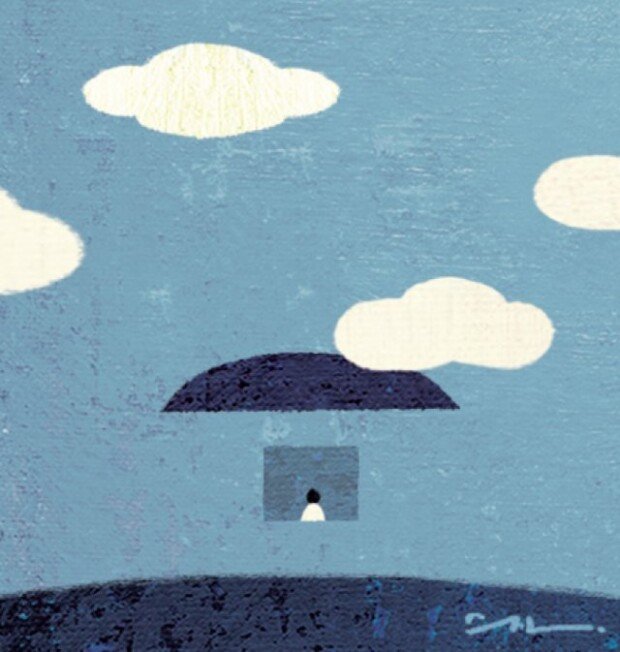In honor of my master
In honor of my master
Posted May. 13, 2022 07:55,
Updated May. 13, 2022 07:55

Conflicts with reformists including Prime Minister ZhangDun caused Chinese poet Su Dongpo to be in exile down to Huizhou in central-east Guangdong Province. This notoriously hot and soggy city was considered a dangerous place swept by the outbreak of an endemic. Despite such risks, Dongpo fared well while eating and chilling. Added to this, he immersed himself in writing poetry to pay tribute to Tao Yuanming whom he admired for so long. Huang Tingjian, a follower and pupil of Dongpo, respected his master convinced that Dongpo will become one of the most renowned poets in history just as Tao Yuanming. Indeed, both the great poets had a noble trait not blinded by fame and wealth although the former lived in tranquility in remote areas whereas the latter served the country at the core of leadership.
The title of the poem is translated as a letter to Dongpo who responds to Tao Yuanming’s poetry. Dongpo wrote as many as 109 pieces called “Hwa-Do Poems,” meaning a reply to Tao Yuanming’s poetry. In commemoration of Dongpo’s death, Huang Tingjian added this poetry to the ending part of “Hwa-Do Poems.”
Technically saying, it is more of a tribute to his teacher whose dignity could parallel that of Tao Yuanming than of a mere poem. That may explain why it maintains a dry and calm narrative rather than adding lyrical spice to lines. Dongpo always kept inner peace and composure even after evicted from Huizhou to Danzhou on Hainan Island across the sea. On his way home after six years’ life in the backwoods, Dongpo was calm enough to write on the ship, “No resentment at days spent in southern remote areas despite risky moments/ Truly the best trip ever of my lifetime.”





![[단독]폴란드, 韓 해군 최초 잠수함 ‘장보고함’ 무상 양도 안받기로](https://dimg.donga.com/c/138/175/90/1/wps/NEWS/IMAGE/2026/02/27/133437397.1.jpg)

